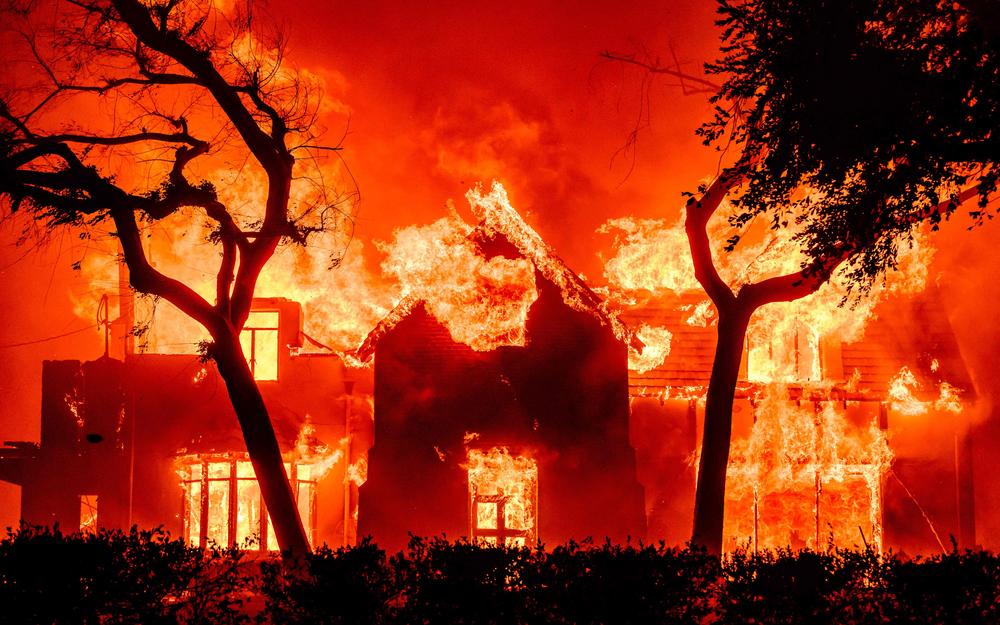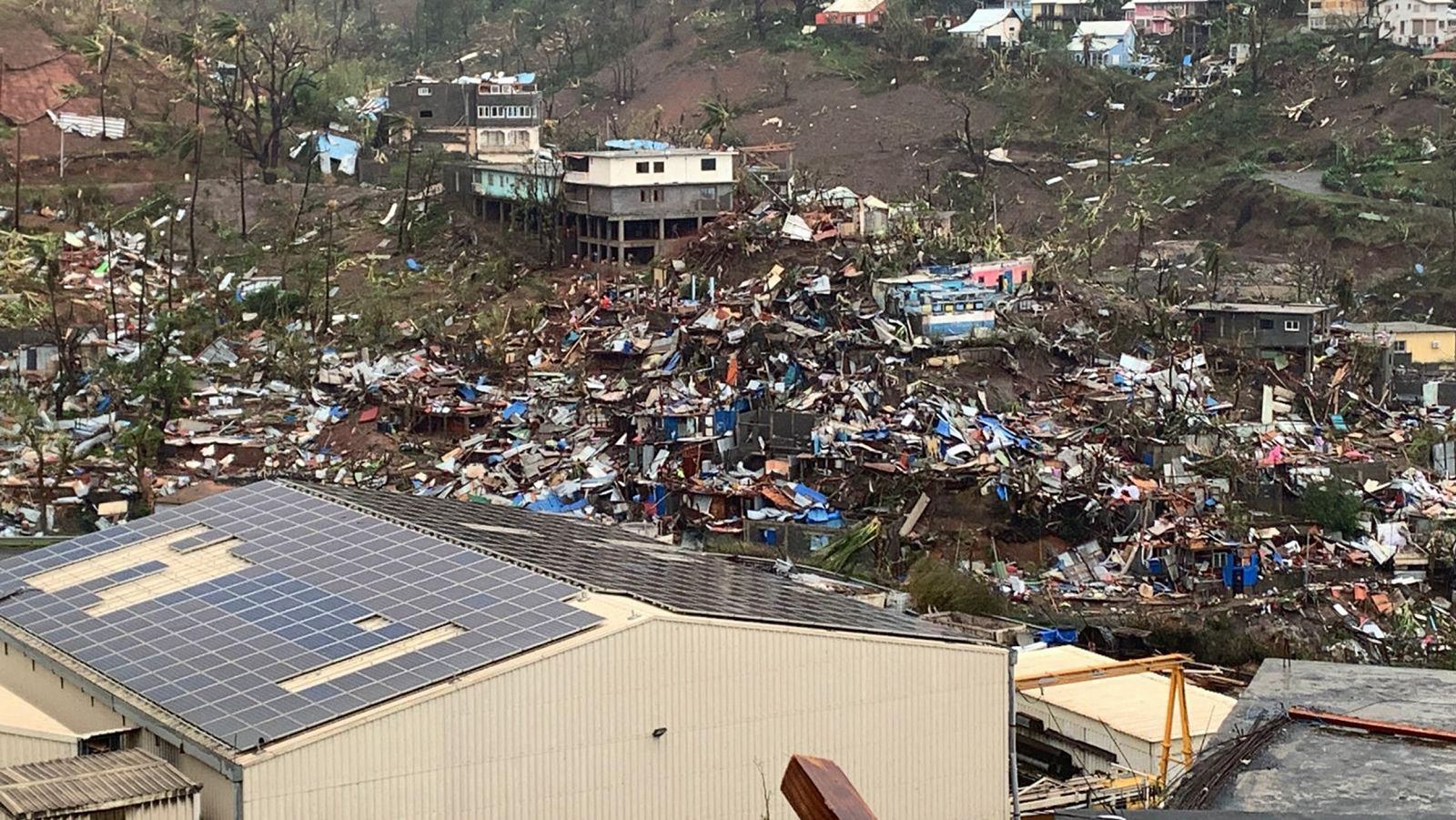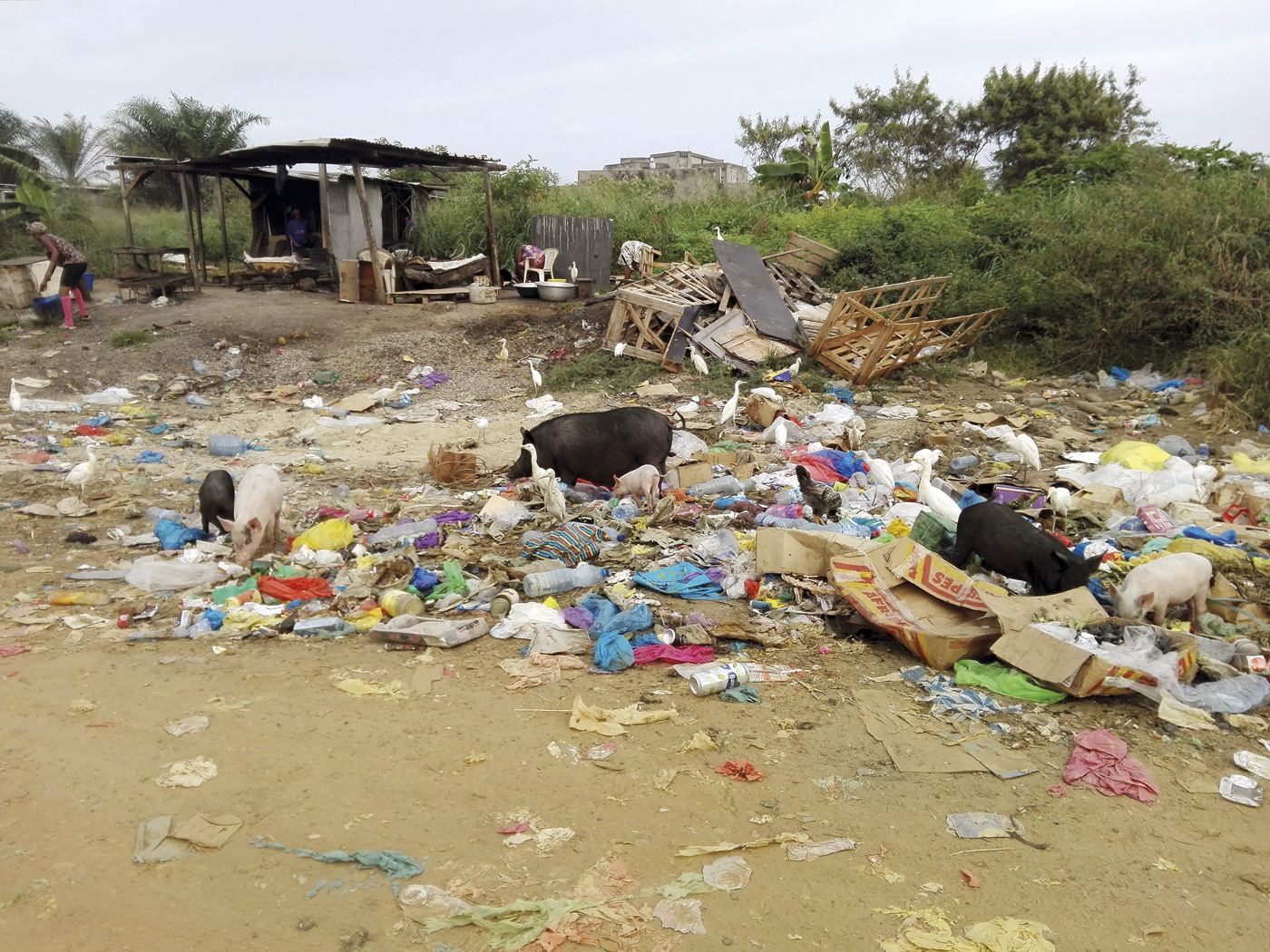Past, present and future of the fight against climate change
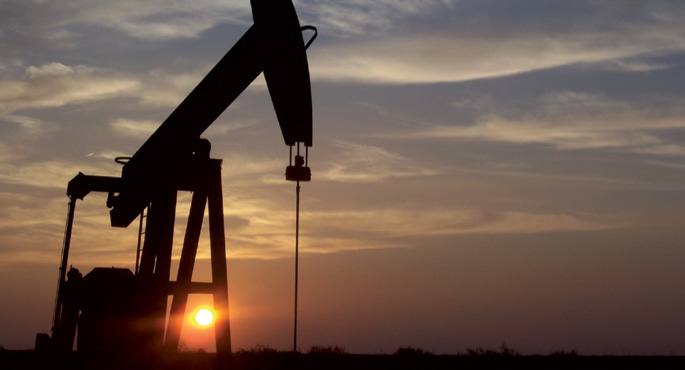
The proposal of the Kyoto Protocol basically consisted of making changes to make the emission of greenhouse gases in 2012 out of 95% of that in 1990. The agreement was signed in 1997, but its entry into force was proposed eight years later.
Among the arguments was the inexplicable deadlock that many of those who have come to Kyoto, including many environmental groups, have shown in analysing the undoubtedly painful consequences and forgetting the causes. They thought they would influence the causes.
And the main causes are that every year, 10 billion tons of fossil fuels and 1 billion tons of equivalent oil from biomass are burned. The latter is being depleted in forest resources and, in general, in biomass; the annual rate of forest destruction is 1%, despite the fact that forestry activity and the production of biofuels are also prestigious, even for many ecologists. It is said that these practices do not emit greenhouse gases, and the argument to defend it is that the plant to be burned had previously absorbed the CO2 they are going to emit when it is burned.
In December 2007, I wrote an article on the Conference on Climate Change held a few days earlier in Bali. There I talked about what I already had as a “Kyoto Clandestine Death Certificate”, the excuses that governments gave to comply with the agreements and the attitude of denying me the massive use of energy. Energy is the ability to work, and if you want to keep growing, you have no choice but to increase consumption. This truth about Pernando has been concealed not only by the governments of the countries that attend these congresses or not, but, in a painful way, by some scientific ecologists of Climate Change. They continue to believe that the improvement in the field of efficiency and the expansion of modern renewable technologies, such as wind and solar, will be sufficient to achieve these objectives as simple as Kyoto.
I mentioned in that article that it was very significant that proposals for reducing greenhouse gas emissions – assuming volunteers – necessarily coincide with those arising from the depletion of geological deposits. These are very different ways of putting the problem on the table. With concern for emissions, and with the Kyoto and Bali proposals, a proactive proposal was made to minimise the effects of emissions. These conclusions, as we shall see, are closely linked to the burning of fossil fuels that move our society and to the economic model that requires sustained growth. That is a point of view. The other is that if we have not already reached the world summit on oil production, as ASPO has announced.
These are two forms of communication. I have never said the first, to talk about Global Warming, Climate Change and the need to reduce emissions (consequences) without talking about the need to reduce the combustion of fossil fuels (or indirectly and without questioning the levels of consumption), to tell your family that they are very thick and that diet would be good for your health. The second route, the one we want to inform the public that the feast of fossil fuels is ending in any case, is not so good for us to communicate. Because it forces the head of the household to say that the crops are ending and that we have to prepare each year to eat less.
Later, in 2009, in the midst of a crisis where we haven't left and some optimists hope to leave, I wrote another article, the Energy and Financial Collapse: NINJA under the title More than a crisis. By then I was preparing the Copenhagen Summit. The main objective of the criticisms of my article was an impossible growth model that almost nobody questions. I compared the scenarios that presented the IPCC and ASPO, and it showed the threat of an exponential increase in unreal emissions if there were no fossil fuels to continue growing infinitely up to 2100.
My words should not be taken as those of someone who denies the dire consequences of climate change and global warming. On the contrary, I believe that these consequences will lead to destruction. In that I agree with the IPCC on the basics (however, these conclusions will not come only from CO2, even though there is too much attention in those IPCC).
I do not believe that emissions are decreasing as fossil fuels run out, or that emissions are a serious problem. Quite the opposite: the disagreement between fossil energy consumption and greenhouse gas emissions will lead to a blind search for more inadequate energy sources. These sources will be more polluting per unit of energy that they make available to society. With less and less energy for more people, we will see how they are going in search of oil and unconventional gas, oil and gas from poles or deep waters, with hardly any means of security. That is why, in my opinion, we should pay more attention to the causes of this catastrophe – the same as, in short, those of other disasters that accompany climate change – and put an end to the definitive system. Accelerate the desired fall, but trying to mitigate its consequences. We must return to a stable economy, to a model of interest-free loans – yes, they exist today, even if left-wing readers do not believe so – because compound interest is the most terrible weapon of mass destruction ever invented by man.
The goal, rather than the reduction of greenhouse gas emissions, is to radically reduce the dissipating activity of the human being; to change paradigm; to stop growing, to seek a new model of society and life that does not require constant growth in the finite world.
These reflections help us to put ourselves in the right context and to put aside mediocre solutions: more technology, improved energy efficiency, reduced emissions, without knowing if they are the consequences and without facing the situation seriously. The data is clear. Energy consumption must be reduced, first in the countries that are at the peak of per capita consumption. This cut should reach 70% of the European average of each country and 90% in EE.UU. and Canada if we want to significantly reduce emissions and our descendants have a habitable household. And to say that energy consumption is reduced, that is to say that it is reduced in a proportion similar to that of GDP. That is, a new economic paradigm. A complete break with the evil financial world. In fact, banking interest is the main accelerator of the demand for infinite growth. Financial elites will never willingly accept it, because it is the key to their existence and the mechanism for mastering the world today. You will have to take power and drive them out of it. And to think of a society that starts to lend without interests (yes, there have been solidarity societies). A society with a seasonal economy, with food sovereignty and minimum energy, and the human being, and not capital, which is at the heart of public interests.
The last big assembly on climate change, the Rio+20, shows that economic and financial power has taken the helm of the boat concerned with global warming. They have been preparing for the collapse of energy production and, therefore, of the financial bubble to be produced. These are the ones who are going to lead the change to get a better climate, it's better to ignore them. If they do, people will do so, not those servers of financial power. We should not deceive ourselves about “our rights”, thinking that they will be the same as before the economic and financial crisis. The effort will be immense and will not be less than 70% in those countries called “in our own environment”. It will be hard, but it will be necessary, and not because they say so, but because we believe it is up to us to lead the change by expelling those shameless from real power. What do we expect?
Eskoziako Lur Garaietara otsoak itzularazteak basoak bere onera ekartzen lagunduko lukeela adierazi dute Leeds unibertsitateko ikertzaileek.. Horrek, era berean, klima-larrialdiari aurre egiteko balioko lukeela baieztatu dute, basoek atmosferako karbono-dioxidoa xurgatuko... [+]
There was no one or all. That we all suffer at least if the necessary changes are not made so that no one suffers the climate emergency. You – reader – I – Jenofá-, they – poor – and they – rich. The fires in Los Angeles did not give me satisfaction, but a sense of... [+]







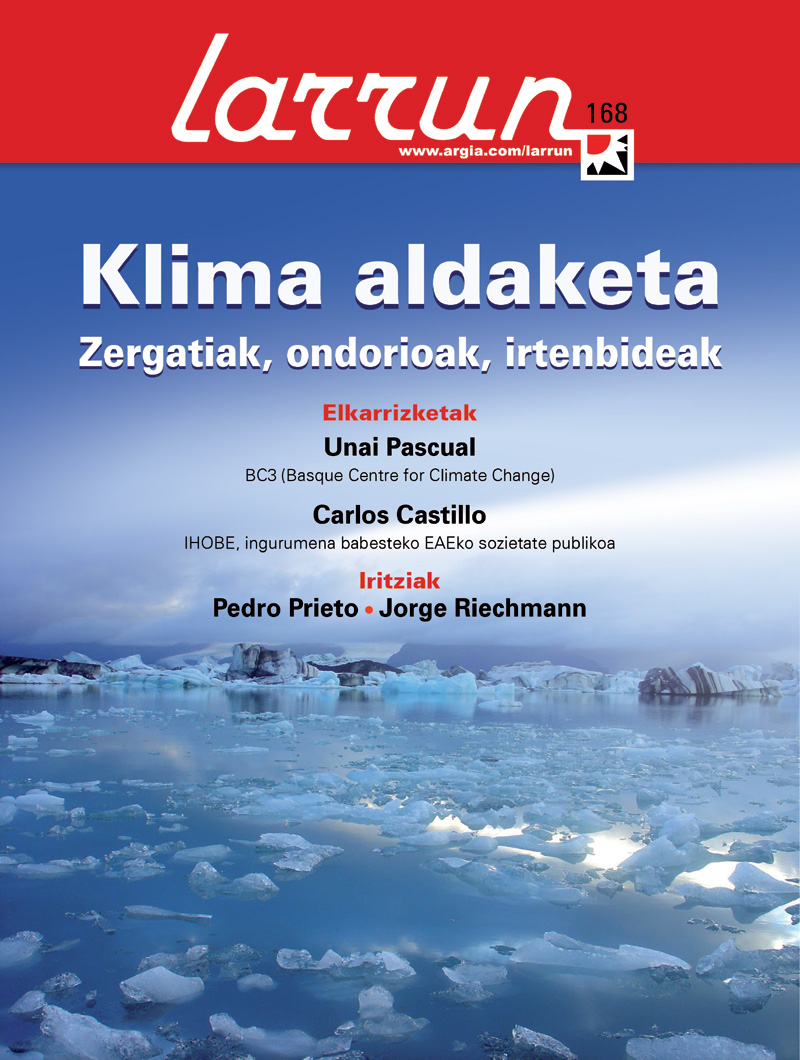


_Glaciar.png)


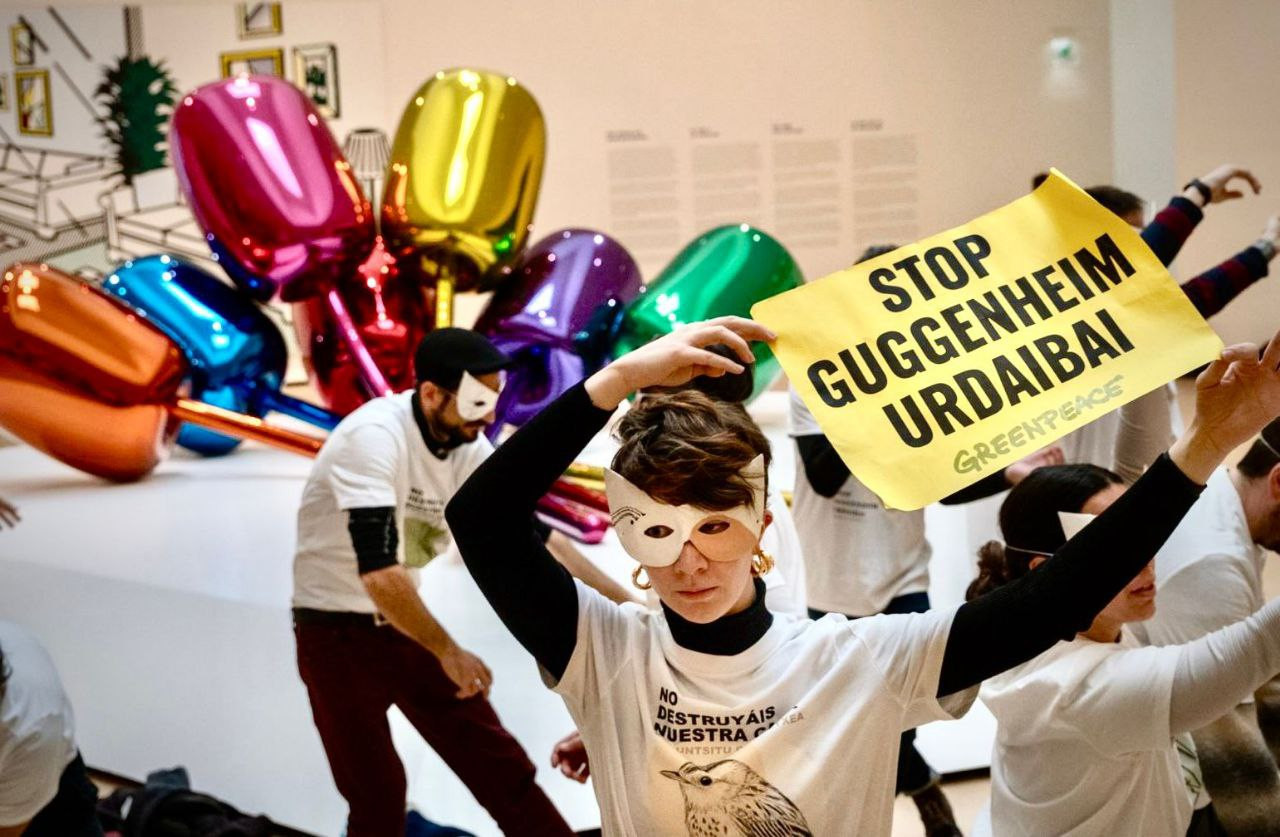

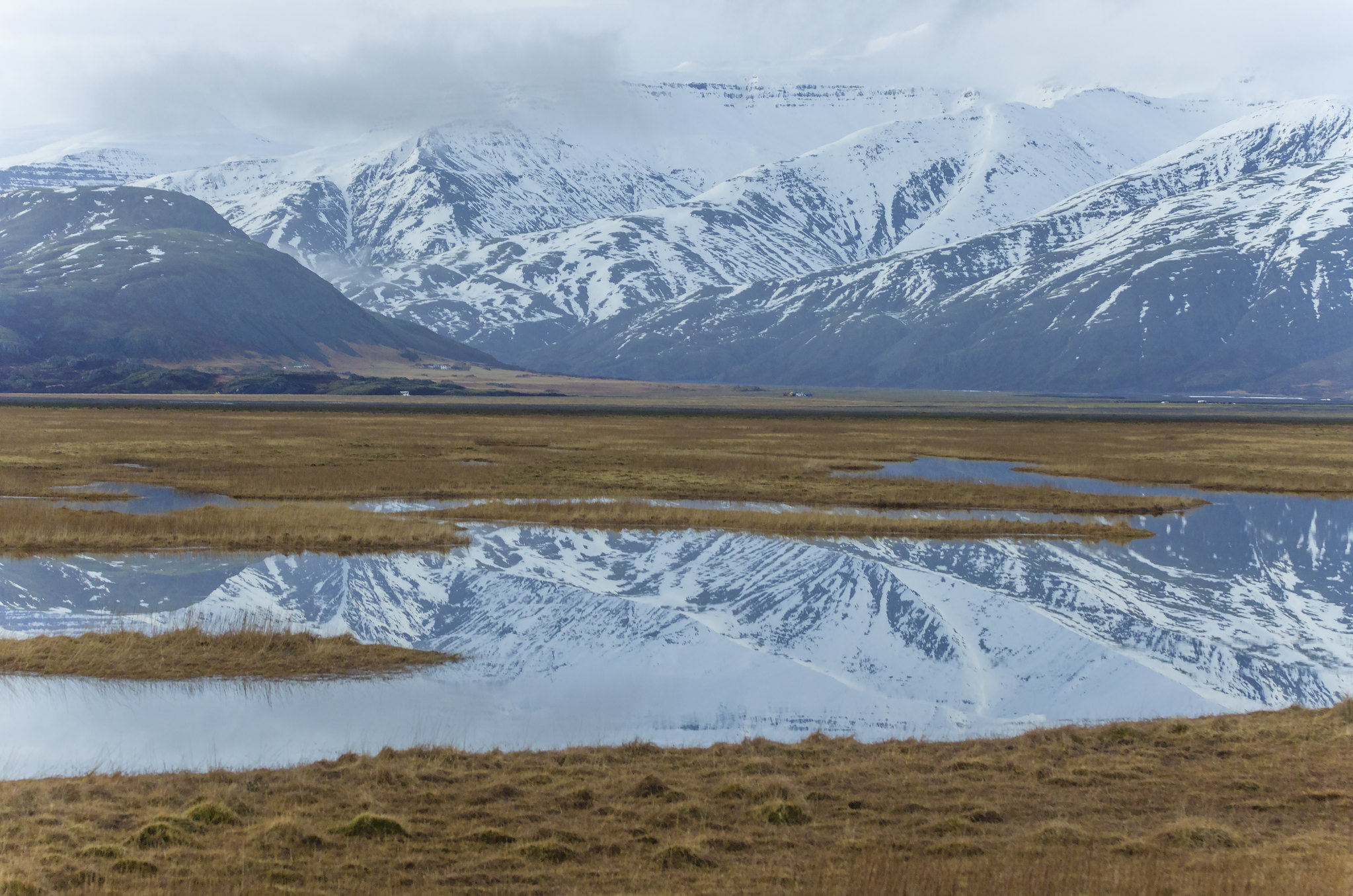
-(1).jpg)
